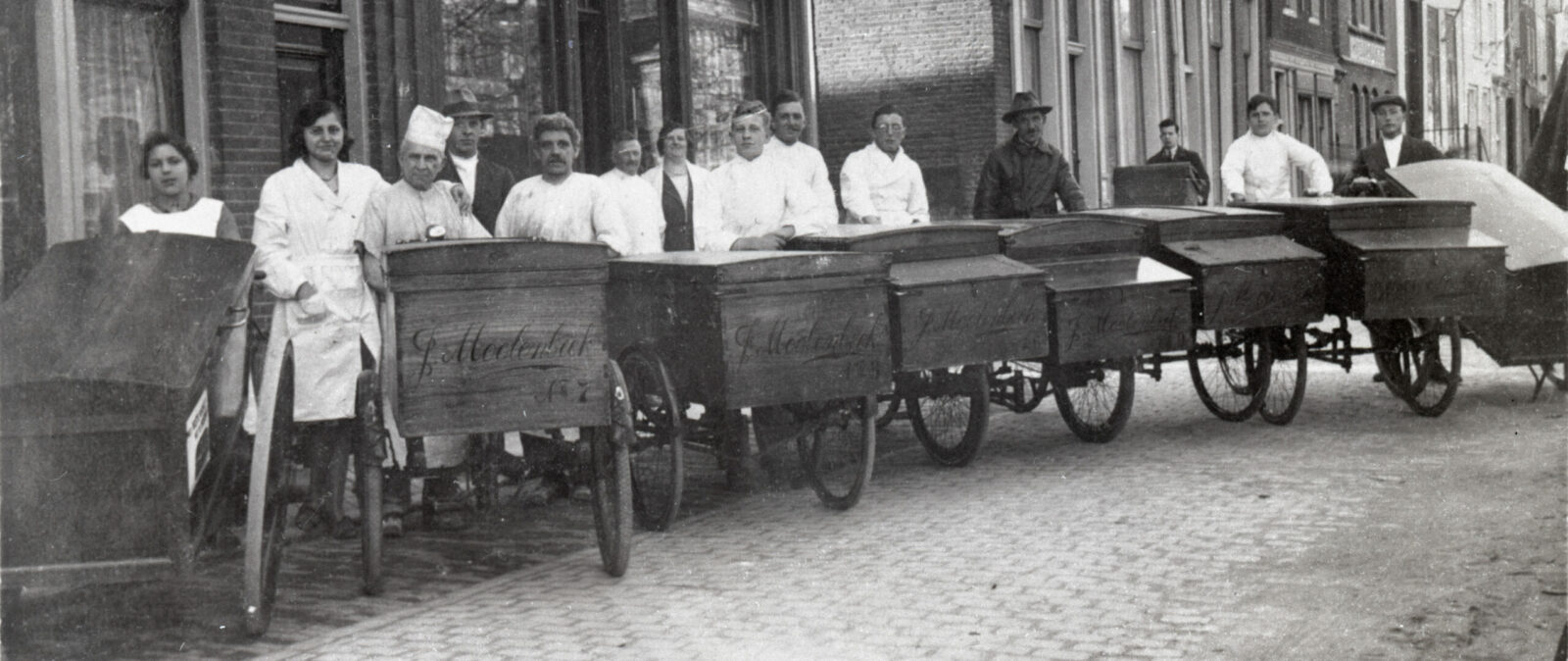Agenda
PhD defence Posthumus alumnus Hugo La Poutré
On 5 June 2023, Posthumus alumnus Hugo La Poutré will defend his PhD thesis ‘English population 1086-1377: a modelling approach’ at the Faculty of Arts of the University of Groningen.
Population size, food production, and consumption are closely related. Hugo La Poutré concentrates on this relationship in his doctoral research. He shows by the use of simulations that the English population tripled within two centuries, from two million in 1100 to over six million in 1300. Half a century later, the Black Death, the devastating plague epidemic of 1348-1349, caused more than three million deaths in England alone. During the following plague epidemics, the population declined even further.
Amongst other things, these changes left their mark on the production and consumption of food. Pints of beer and hog roast might not have been uncommon at the end of the fourteenth century, but they were when the population peaked at the start of the fourteenth century. Then, it must have been pea soup with bread. After all, such a large population had to be fed, and arable land is simply more productive than pasture. La Poutré makes plausible that the common people must have lived on an almost vegan diet of cereals and legumes. To raise production, peasants spread as much manure on their land as possible, and let their land less often lie fallow. Making use of models, La Poutré calculates their production to have been 50 per cent higher than what was attained at their lord’s land. In this way, a population of six million could be fed.
Promotors are Dr Richard Paping and Professor emeritus Maarten Duijvendak, both from the Faculty of Arts of the University of Groningen.
The defence will also be streamed live via the link mentioned in the header section of this post. You can find more info and download the thesis via the button below.
Please note that Hugo has connected his promotion to the charity programme of Tracing (Restoring Family Links), a programme of the international Red Cross to help find lost relatives in case of war, conflicts, natural disaster or migration. Donations are welcome.


